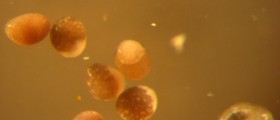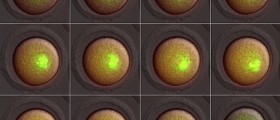
Women who are interested in becoming egg donors often have several ways of going about donating egg cells. In the United States, egg donation is regulated on state level. Depending on where you live, there can be many legal hoops to jump through when you are planning to become an egg donor. The amount of compensation you can expect for the donation of egg cells also depends on the local regulations. But wherever you live, egg cell donation can take place through hospitals or private fertility clinics. Many fertility clinics organize an egg donation program independently. If you are interested in becoming an egg donor through one of these programs, you will first have an initial conversation about the program, its requirements, your role, and any compensation you will receive for donating your eggs. A full medical and physiological evaluation will be required from egg donor candidates, as well as genetic screening. If you come out of that still determined to become an egg donor, you will be seeing a lot more of your fertility clinic.
Egg cell donation is achieved through several steps. Once you are on a program, you will need to take fertility medication that will lead to hyper ovulation and the production of multiple eggs at once. The produced eggs will then be harvested from the follicles. Egg retrieval is a process that does not take very long an hour or two at most. It is a minimally invasive procedure that is carried out under local anesthesia. Many egg donors feel disorientated and slightly nauseous after egg retrieval. That is why you will not be able to drive afterward. Some minimal pain may also result. If you are interested in finding information about becoming an egg donor in a specific state, you can use our on-site search button. We have written about the specific procedure of becoming an egg donor in almost every state in the US!


















Your thoughts on this
Loading...